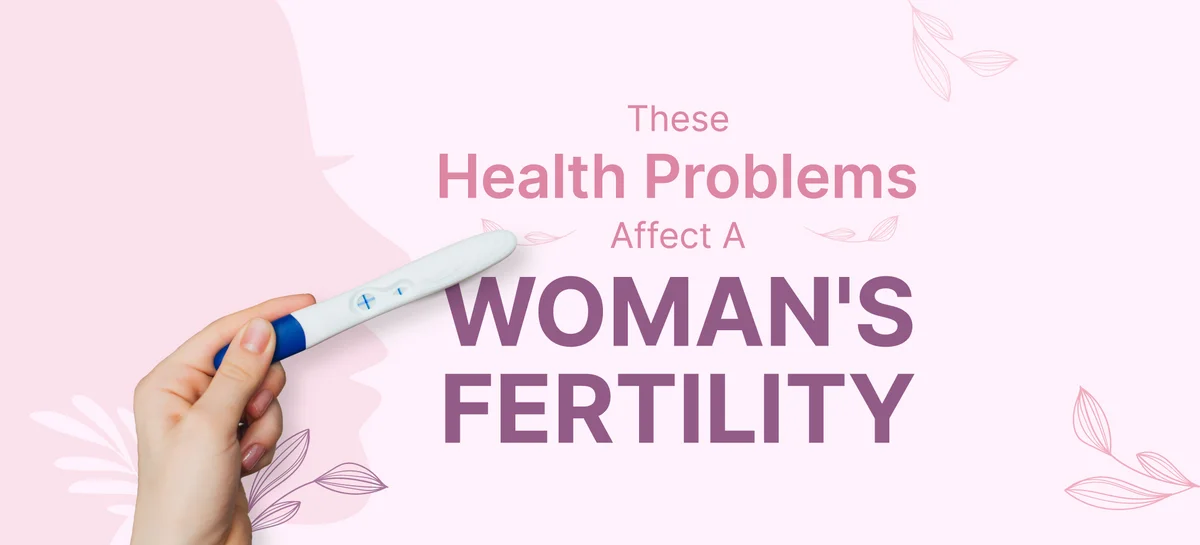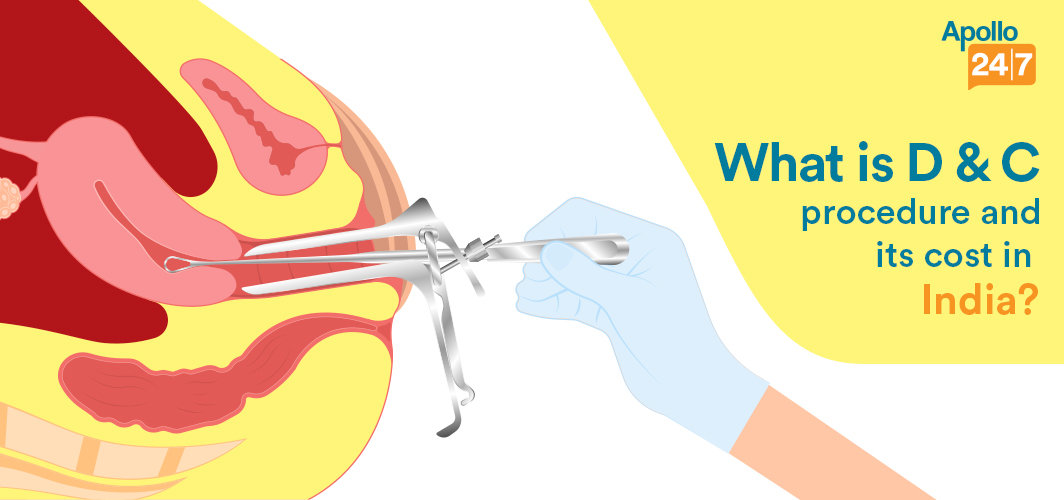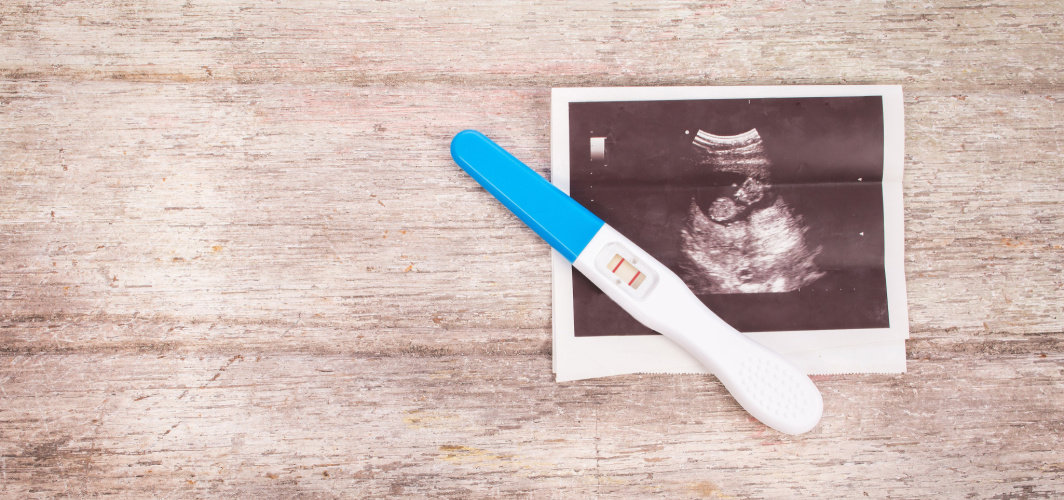- Home
- Blog
- Women Care
These Health Problems Can Reduce Your Chances Of Pregnancy
Women Care
These Health Problems Can Reduce Your Chances Of Pregnancy
By Apollo 24|7, Published on- 20 March 2023, Updated on -21 June 2023
Share this article
0
3 likes

It can be disappointing when you are ready to grow your family but are unable to get pregnant. While in most cases, patience is the best answer to your issue, some people may not be getting successful in conceiving despite trying for over a year. There can be a number of medical issues that can reduce your chances of getting pregnant. Fortunately, most of these issues are easily treatable and reversible. Here is a list of some of the most common health problems that can keep you from conceiving.
1. Polycystic Ovary Syndrome (PCOS)
PCOS is a condition that causes a major hormonal imbalance, which interferes with the body’s ability to release eggs. This condition is one of the most common causes of infertility in women. In addition, some of the other symptoms of PCOS include irregular menstrual cycle, acne, and facial hair. Fortunately, PCOS can be treated with the help of oral medication and healthy lifestyle habits.
2. Uterine Fibroids
These are non-cancerous tumours that grow on the uterine wall and the rest of the uterus. These fibroids can cause abdominal pain and heavy bleeding. While they don't affect fertility in most cases, a certain kind of uterine fibroids known as submucosal fibroids grow in the uterus lining and make it difficult for the embryo to implant itself, increasing the chances of miscarriage. The good news is that uterine fibroids can be easily fixed with a simple surgery that shaves them off through your cervix.
3. Endometriosis
It is a condition in which tissue similar to that of your uterus lining grows and bleeds in other places in your abdomen and pelvic area. It causes severe pain every month during your periods. Although it doesn't have any effect on the fertility of most women, endometriosis can cause chronic inflammation in some individuals, reducing the chances of an embryo implanting itself on the uterine wall successfully. In severe cases, it can also result in scarring and blockage of fallopian tubes.
4. Pelvic Inflammatory Disease
Pelvic Inflammatory Disease is caused when sexually transmitted infections (STIs) like gonorrhoea and chlamydia are left untreated due to the lack of symptoms. This problem occurs when bacteria from STIs move up from the vagina into the uterus and fallopian tubes. This can create scar tissue and cause a blockage in the tubes, reducing the chances of pregnancy. In some cases, scar tissue can be treated with surgery but may not improve the fertility rate. However, women suffering from this disease can still conceive with IVF, which bypasses their fallopian tubes.
5. Hypothyroidism
A feeling of tiredness and unintentional weight gain at a rapid rate can be a sign of hypothyroidism. Hypothyroidism is a disorder that occurs when the thyroid gland does not produce enough thyroxine (T4) and triiodothyronine (T3) hormones. In addition to adding extra pounds, this condition can hamper the release of eggs from the ovaries. However, hypothyroidism can be treated easily with the help of synthetic hormones.
There are several other problems that could be hampering your ability to conceive despite trying. It’s best to consult with a gynaecologist to help you determine and treat the exact cause.
Consult Apollo's Expert Gynaecologists
Medically reviewed by Dr Sonia Bhatt.
Services
Women Care
Leave Comment
Services
Recommended for you

Women Care
D and C Procedure: What is it and its Cost in India?
D and C is the abbreviated form of Dilation and Curettage. It helps in detecting the reason or cause of heavy bleeding and removal of uterus lining during or after a miscarriage. Know more about D and C by reading this article.

Women Care
Hormonal Imbalance In Women: Know The Causes, Signs And Ways To Manage It
Hormonal imbalance can result in symptoms like mood swings, and insomnia. Hormonal imbalances can be managed by making dietary changes, exercising regularly, etc.

Women Care
Quit These Habits If You Wish To Conceive Easily
Healthy women have a higher chance of getting pregnant and giving birth to a healthy baby. Notably, habits like smoking, drinking alcohol and consuming too much caffeine can reduce your chances of becoming pregnant.
Subscribe
Sign up for our free Health Library Daily Newsletter
Get doctor-approved health tips, news, and more.


